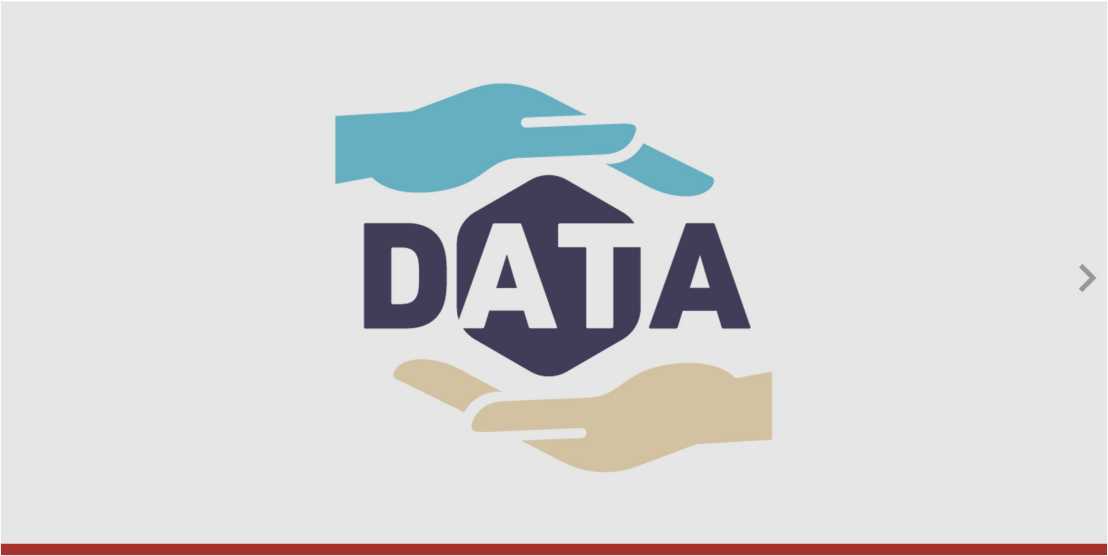Research data management
For researchers of all disciplines, sustainable research data management (RDM) is an integral part of the research process and one of the foundations of good scientific practice. It constitutes the professional and comprehensible organisation and handling of research data throughout their entire life cycle.
Applying RDM competently and sustainably
By carefully planning and implementing RDM, you not only support your own research process but also advance science as a whole:
- You preserve the value of your research data over the long term.
- You fulfil the conditions for effectively sharing and publishing your research data in the scientific community and beyond by sharing your data in compliance with the external page FAIR Principles (i.e., Findable, Accessible, Interoperable, Reusable).
- You boost the visibility of your scientific findings and ideally also increase the specific citation rate.
Securing funding through RDM
Funding agencies and donors such as the external page Swiss National Science Foundation (SNSF) or the European Union’s research framework programme external page Horizon Europe require data management plans (DMPs) to be drawn up for the projects they support. These are used to plan the research data life cycle at the beginning of a project and to outline the RDM roadmap and documentation during the entire duration of the project.
For the new research framework external page Horizon Europe we provide a compilation of most important information on Open Access and Open Research Data here. You can also get summary information on these requirements within Horizon Europe in this factsheet of the Grants Office.
Please be advised that in Horizon Europe, indications on Open Science practices are expected as part of the grant proposal and will be evaluated as well.
Research data management services
We gladly advise you or your entire research group on issues related to research data management.
external page In this video, you can find out what the FAIR Principles mean and how to start implementing them.
- We collaborate with Scientific IT Services to offer a twice-yearly series of workshops (spring, autumn) on the topic of research data management; participation is free for ETH researchers.
- We also host the ETH Research Data Management Summer School, which takes place each year in early June and specifically targets young ETH Zurich researchers (doctoral students, postdocs).
- Upon request, we also conduct training sessions tailored specifically to your research group that vary in terms of form (seminar, info event, workshop) and duration (from one hour to half a day).
We help you prepare your Data Management Plan (DMP) and can review your DMP before you submit it to the respective research funding agency together with your project application. We check your DMP for plausibility and conformity with the research funder’s individual guidelines.
Specific guidelines for handling research data within one or across several research groups foster structured and uniform data management. Defined rules facilitate the planning of new projects and offer new project members a helpful guide to the established standards.
We are happy to support you with developing a data management strategy (DMS) for your research group and beyond. Please us directly in order to assess your needs in a first step. In addition, you can find an exemplary template for your own DMS and corresponding instructions on our wiki.
Please find detailed information on these topics on the following pages:
Contact

